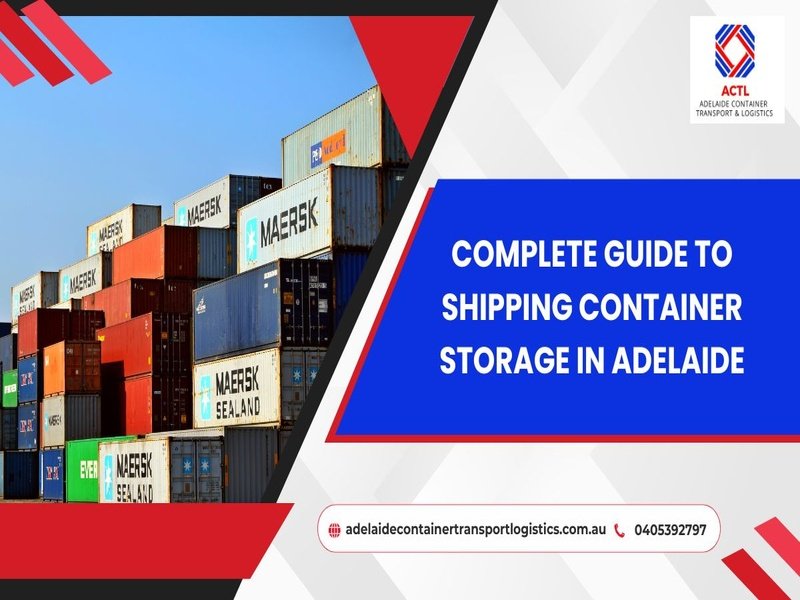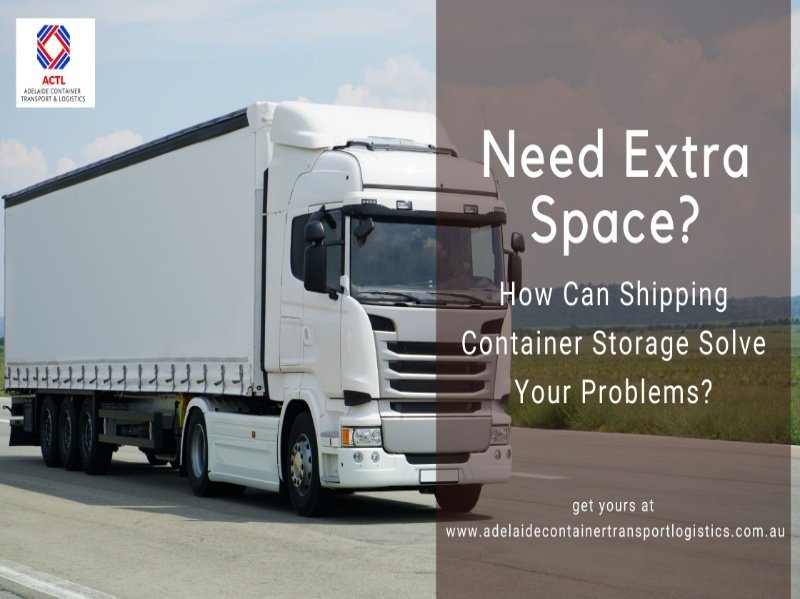In the vibrant city of Adelaide, the concept of shipping container storage has emerged as an innovative solution for businesses and individuals seeking efficient and versatile storage options. As you delve into the realm of storage in Adelaide, it’s essential…

Complete Guide to Shipping Container Storage in Adelaide
Read more

